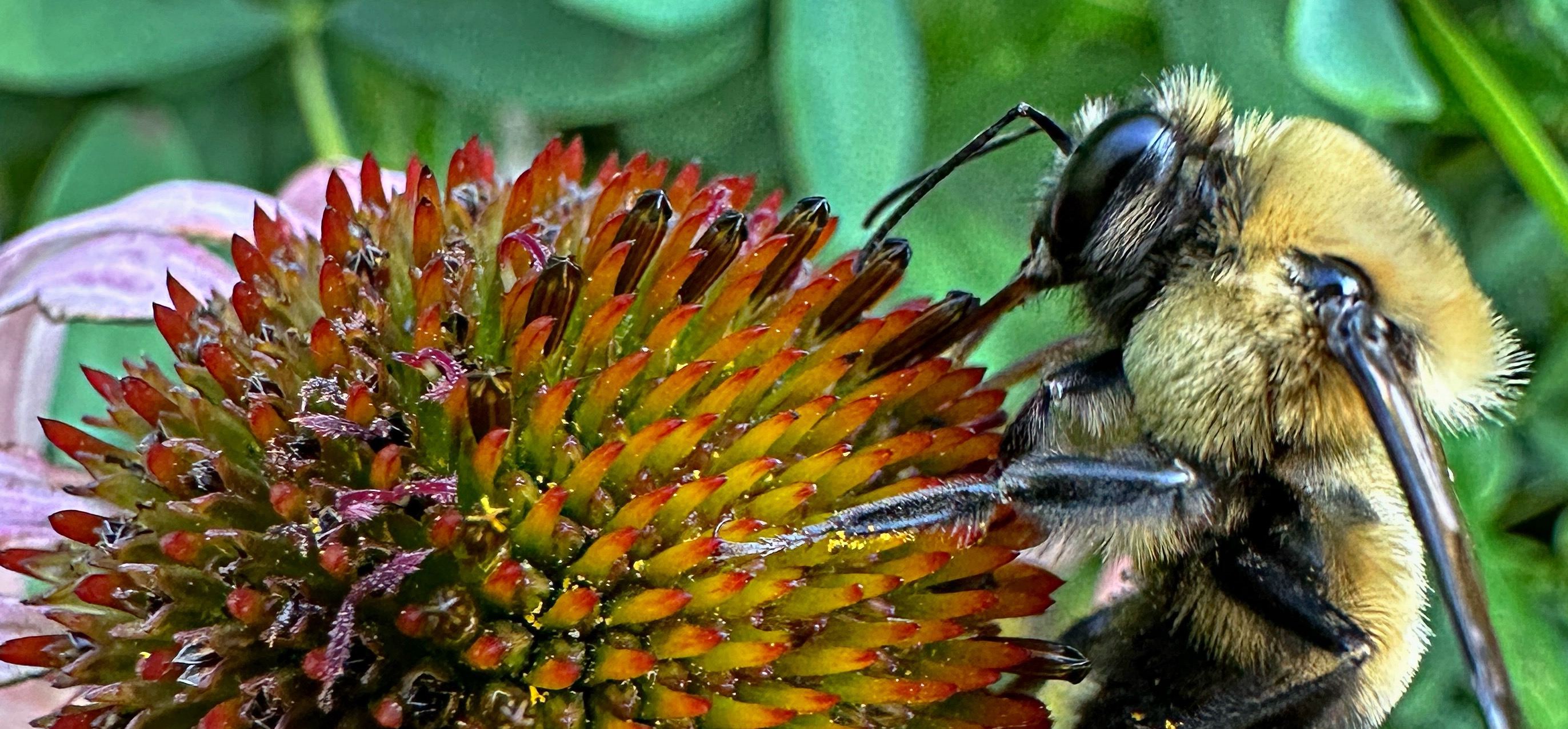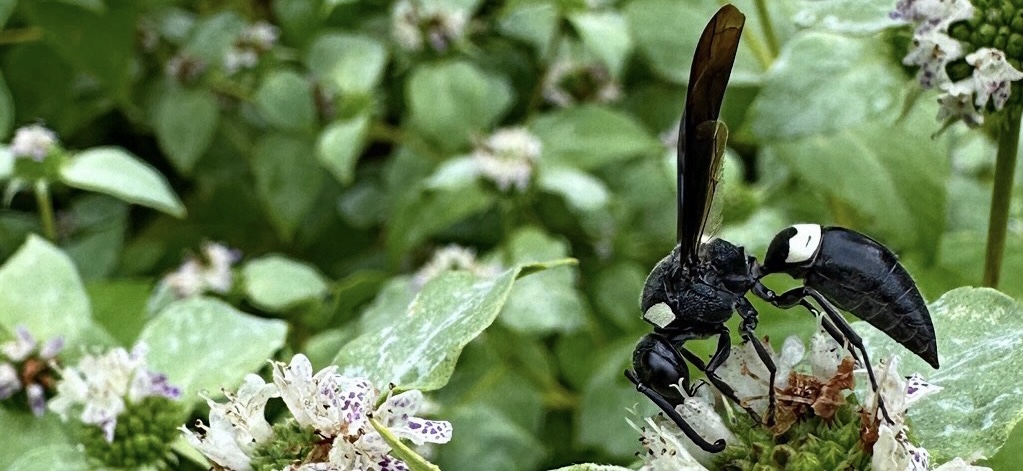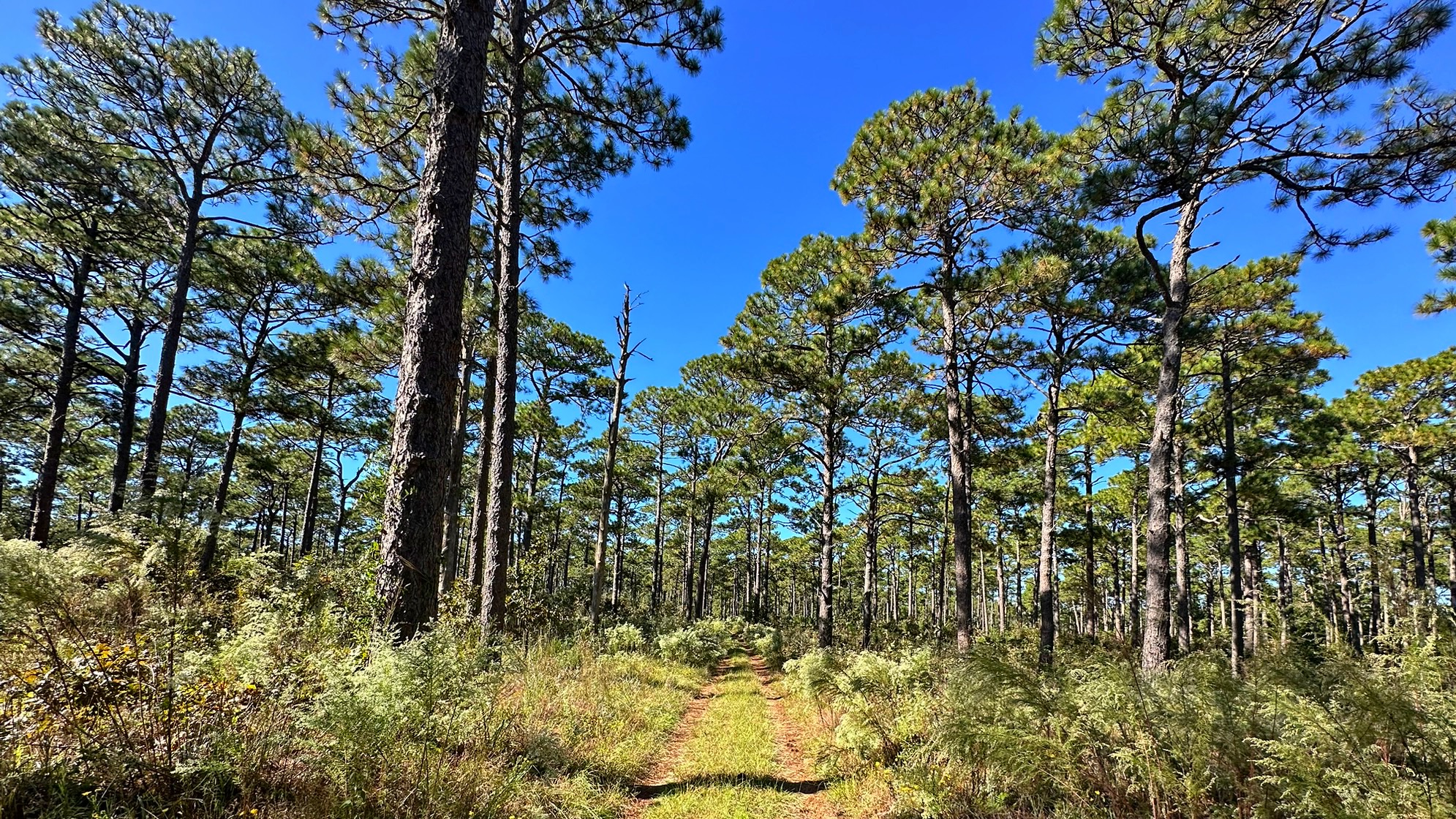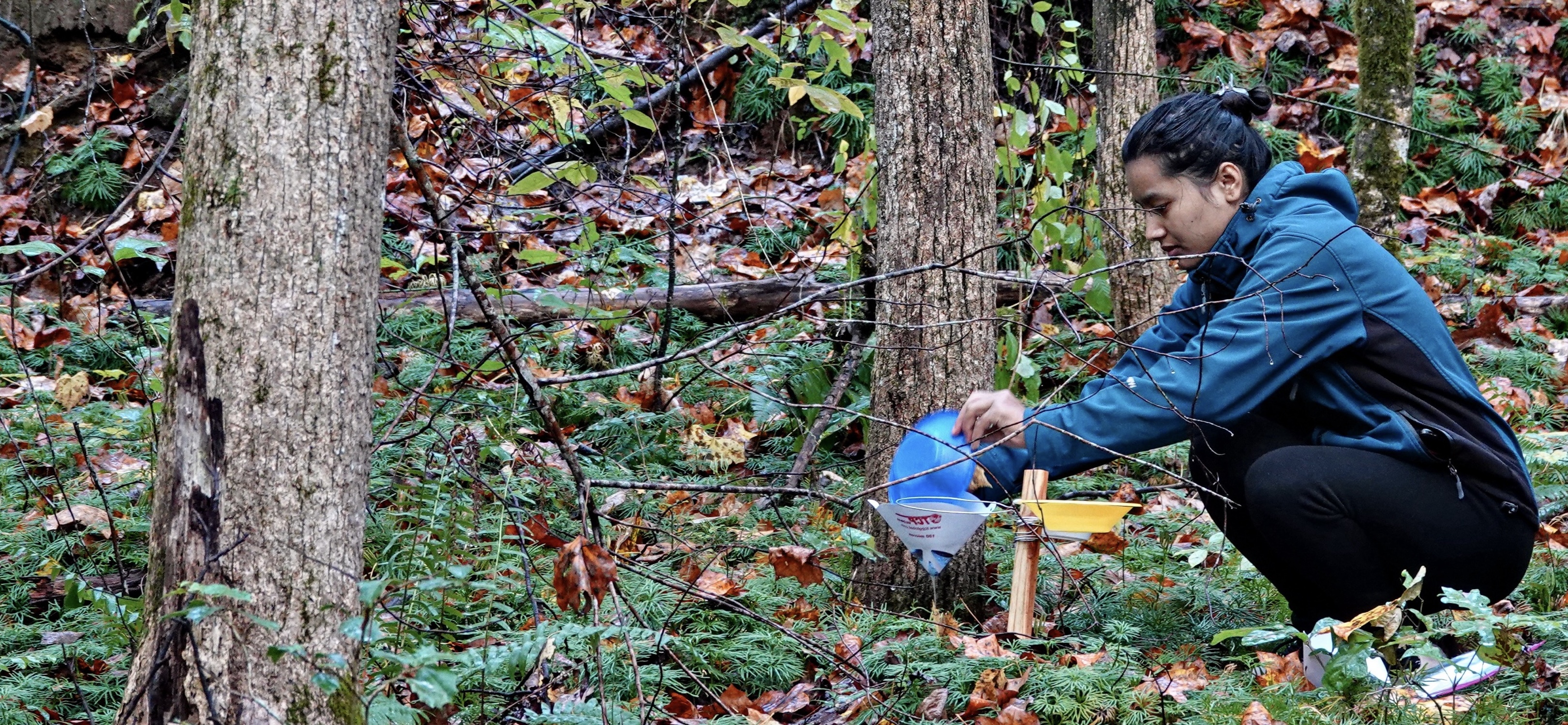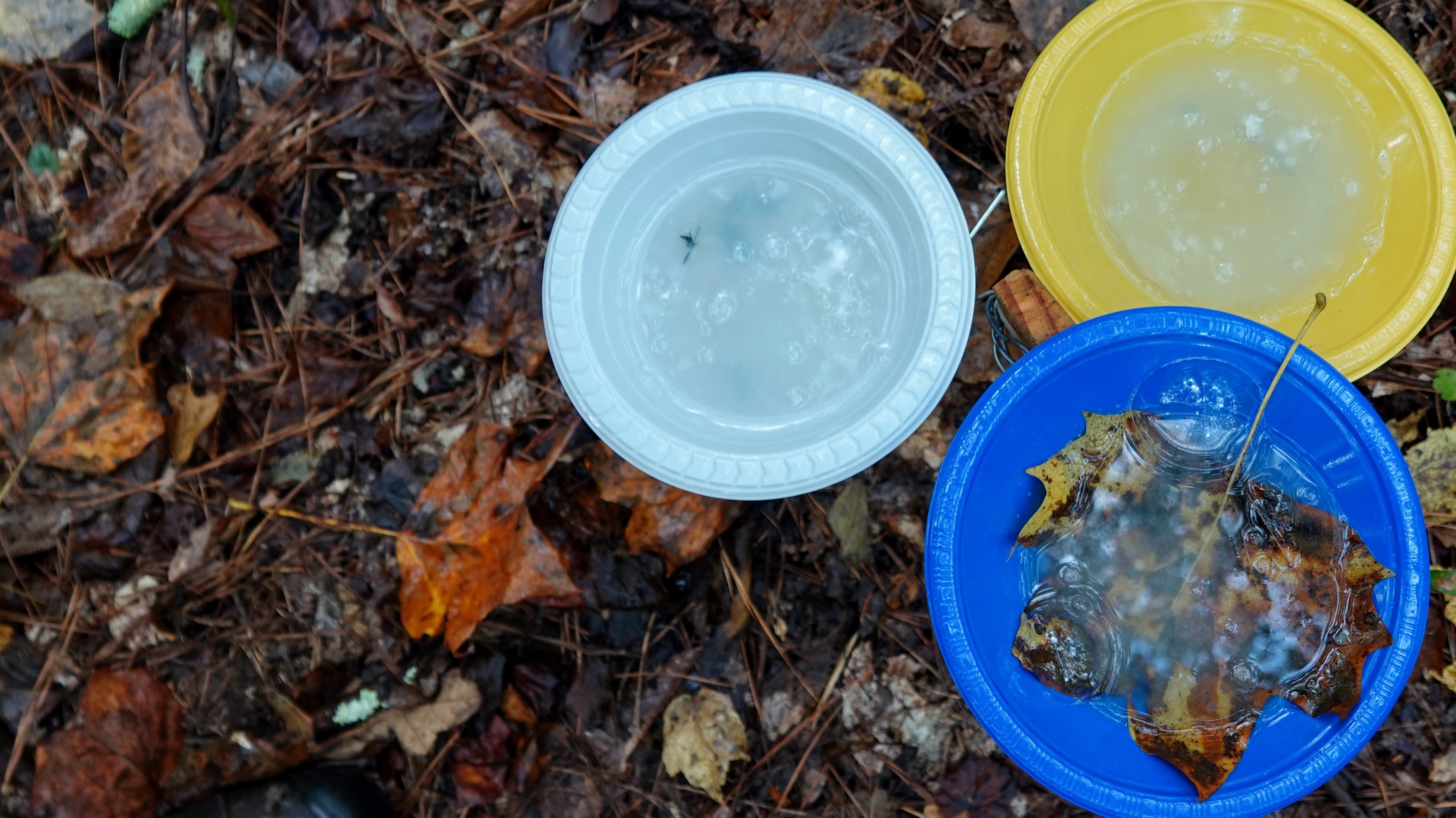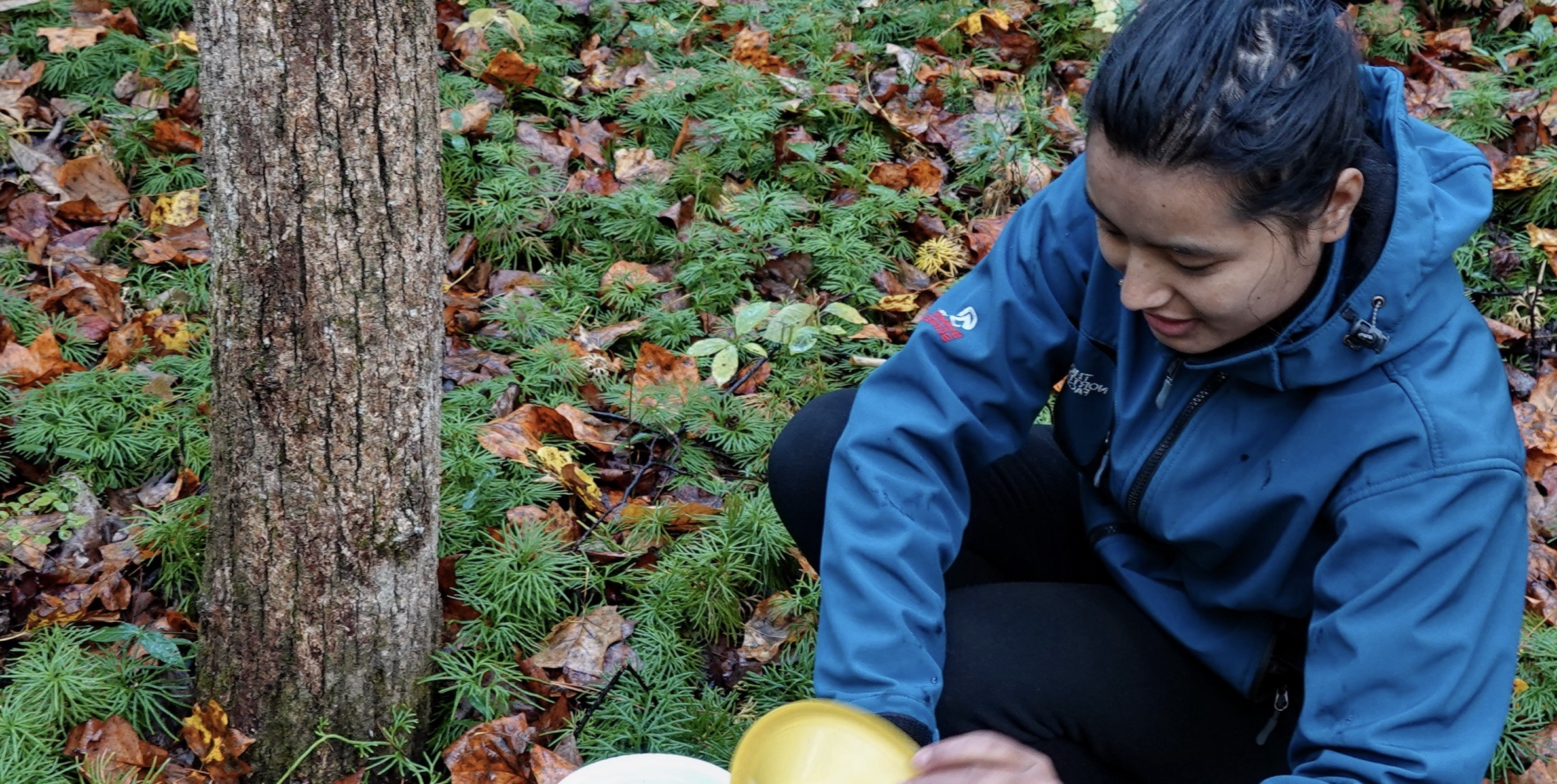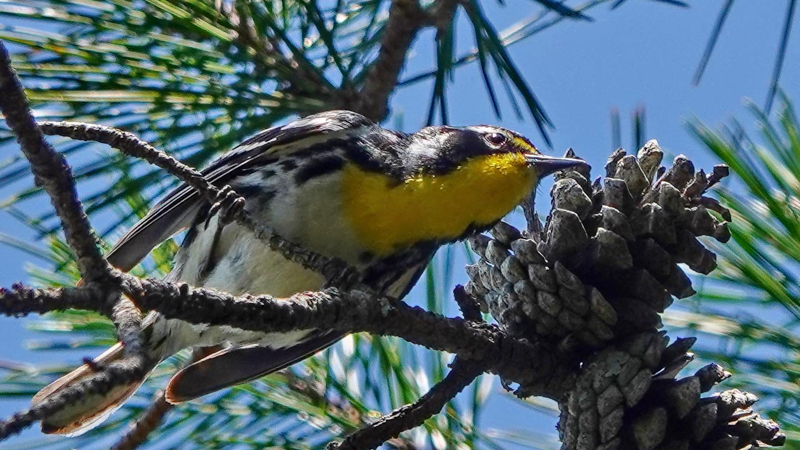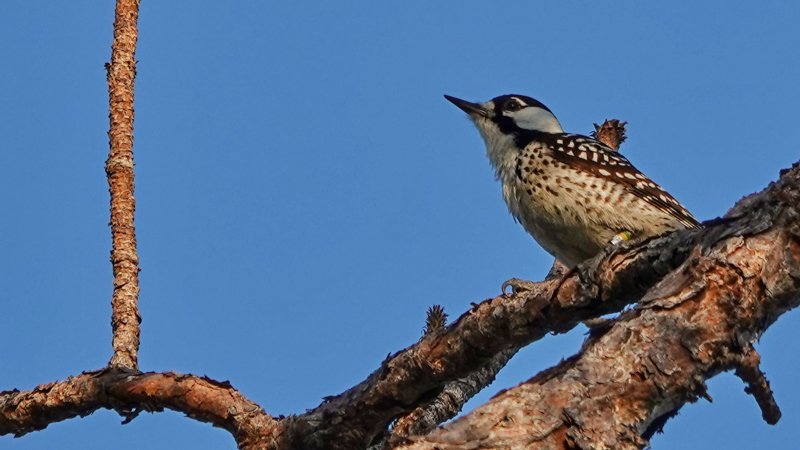
Spotlight on Research
RESEARCH
Climate-Smart Grown in SC has an amazing team of researchers studying how climate-smart practices affect the environment. Whether it's measuring greenhouse gases, sampling pollinators, or surveying for birds, Grown in SC is collecting vital data while its participants implement climate-smart practices.

